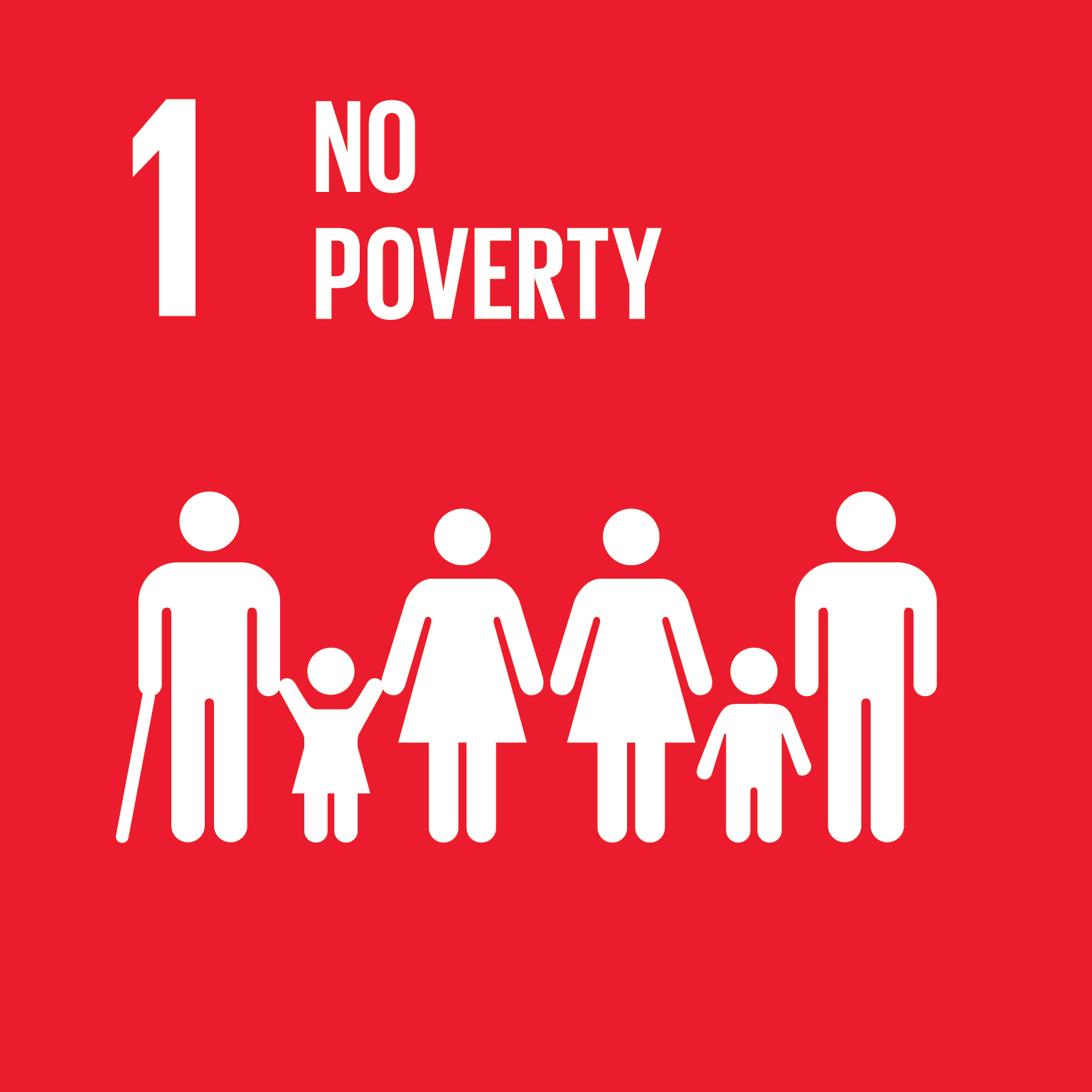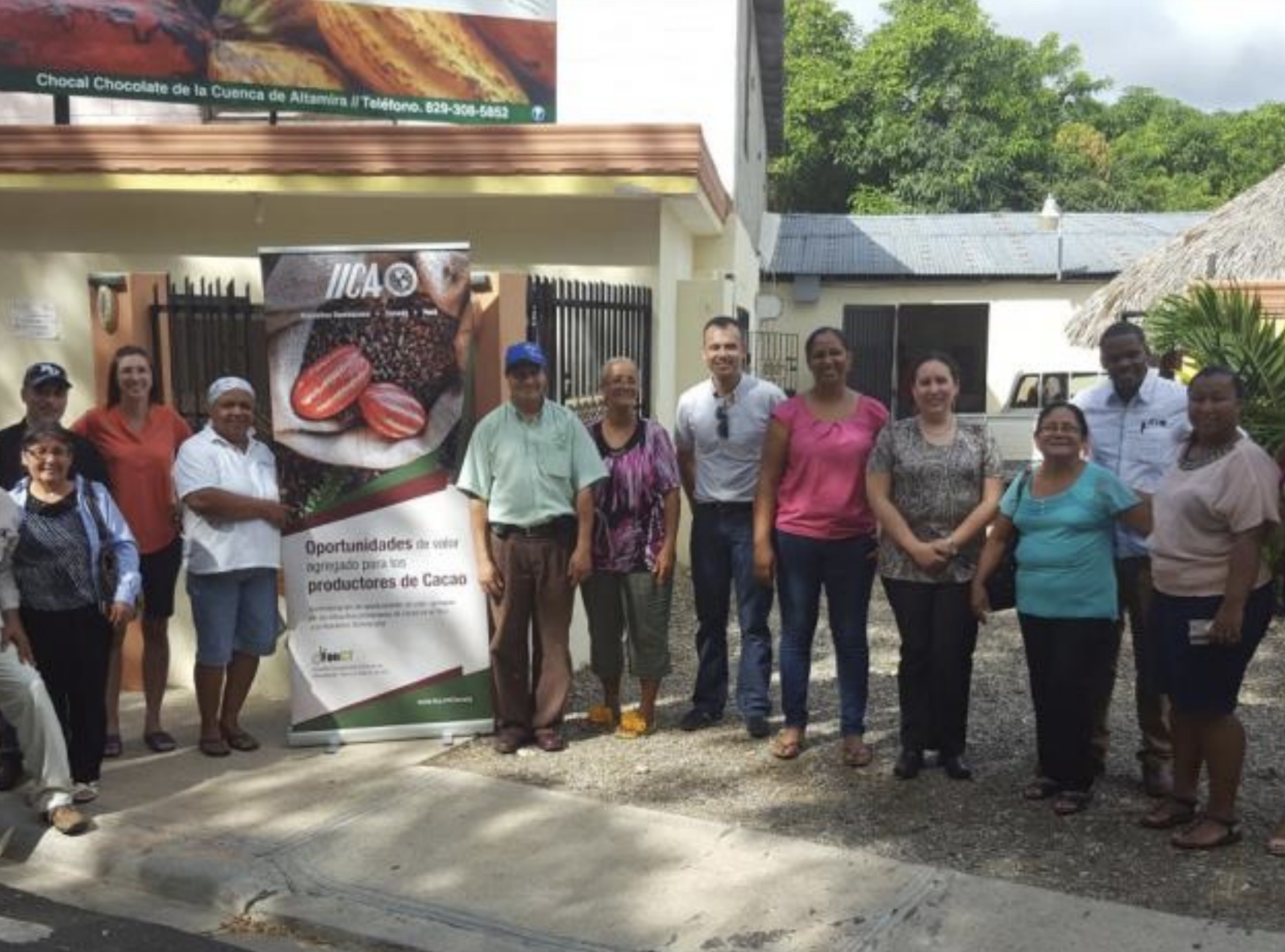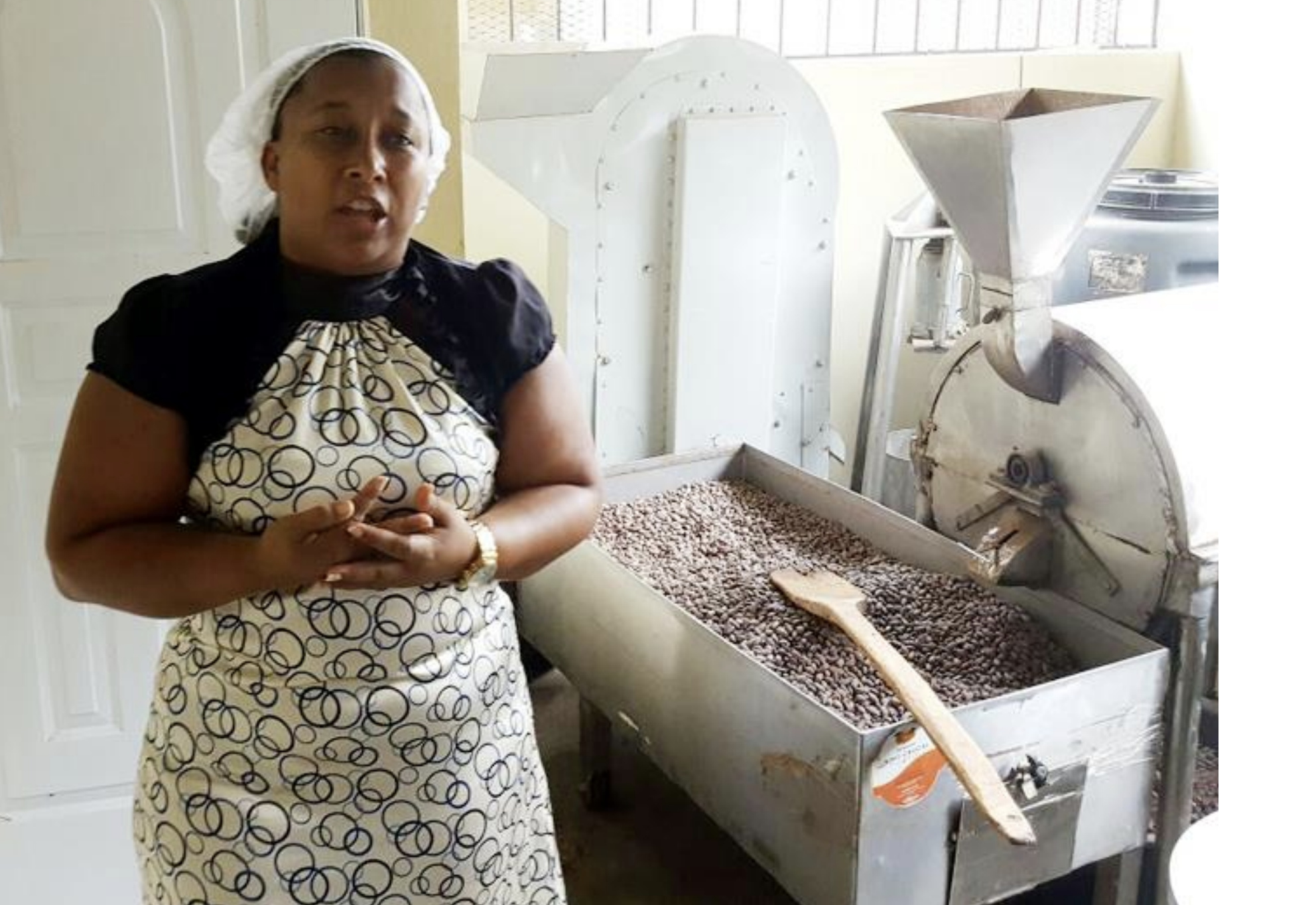Enhancing Value-Added Opportunities of Small-Scale Cacao Producers in Peru and the Dominican Republic
Fair and sustainable cocoa trade
Challenges
Specialized cocoa buyers now seek certified, processed products from native beans, embracing fair trade, organic, and sustainable production. Compliance with certifications and quality standards is crucial for market access. Small cocoa producers can boost their earnings by processing and emphasizing features appreciated by consumers, especially in importing nations. Transitioning from raw cocoa sales to certified differentiated cocoa products or chocolate is key.
Historically, women’s involvement in cocoa farming and processing lacked recognition and support. The project, initially tailored for a women’s cooperative in the Dominican Republic, aimed for replication across Latin America and the Caribbean. Adjustments were made to suit the unique conditions of a Peruvian cooperative and ensure a globally viable business model.
Towards a Solution
This project aimed at expanding opportunities for cocoa producers to enable them to increase their income through value added processing. A model of value chain development and engagement of rural women in the Dominican Republic was used as a case study. The case was captured and assessed for use in the development of a generic business model, a template shared for possible adoption by other regions.
The project initiative was due to the fact that women cacao producers in Peru requested IICA’s assistance in identifying suitable training to enable them to add value to their products and improve the income base for their families.
The business model provided a guide for the successful operation of a cocoa processing business, identifying institutional structures, marketing approaches, revenue sources, customer base, products, processing steps, equipment, certifications, and financing options. In addition to this model, a study of the Canadian market was developed to provide guidance for organizations wishing to export their products.
In order to validate the business model, support from IICA and other partners was provided for a cooperative in Peru (Oro Verde) to develop a customized business plan for their operations (this step was considered a pilot). The finalized business plan provided the cooperative with a path forward, a means to access financing and attract new trade prospects for higher valued products. Some steps towards implementation of the business plan were undertaken. These included the development of an implementation plan, the development of an investment plan, the matching of the investment needs with investors via a virtual financial fair, and training for the cooperative members to build capacity towards full implementation. To expand the reach of the intervention, several communications products were developed.
The case study of a women led and operated chocolate processing organization was captured and assessed. This case study is one of the main results and, along with other best practices, it was used for the development of a generic business model, a model to be adopted by other small-scale producers of cacao wishing to increase the value of their products and generate additional income through processing.
The second main result was achieved by developing a realistic and achievable business plan for one cooperative in Peru, Oro Verde. This plan was based on the generic business model and served to validate the model, as well as to provide a path forward for the cooperative. The business plan proposed that Oro Verde specialize in fine flavored cacao and engage in a low-level processing (nibs) for export to international markets. The cooperative did not fully embrace a plan for the women members to produce chocolate due to market conditions as well as other institutional barriers. However, a strategy in this regard was developed for possible future adoption. Lastly, the project achieved results in the areas of implementation and evaluation. Oro Verde not only developed an implementation plan for secondary processing of cacao and for accessing the Canadian market, they also produced an investment plan which was reviewed by investors and is expected to be supported and financed. In addition to these results, training courses were delivered to members of Oro Verde, with an emphasis on gender inclusion, to support cacao processing and institutional strengthening.
First, it was aligned to innovation in that it proposed to introduce new technologies, as well as a new business model, associated with secondary processing of cacao to rural communities as a means to boost productivity and competitiveness. Secondly, it proposed to provide training in cacao processing and support in entrepreneurship for the women living in the cacao production communities. Lastly, the project intended to support inclusive and sustainable productivity.
Going forward, IICA will seek support to replicate the business model in cacao producing countries in LAC. Deliverables produced, including reports and communication products, will be invaluable for similar interventions. Efforts are on-going to share lessons learned from this important value chain in the Americas, and to engage funding partners for supporting replication of the model.
Contact Information
Luis Carlos Vargas Bolívar, Technical Specialist, Horizontal Cooperation Unit, Inter-American Institute for Cooperation on Agriculture (IICA)
Countries involved
Canada, Dominican Republic, Peru
Nominated By
Inter-American Institute for Cooperation on Agriculture (IICA)
Supported By
Inter-American Institute for Cooperation in Agriculture (IICA)
Implementing Entities
Cooperativa Oro Verde (Peru) and Cooperativa de chocolates Altamira (Chocal, Dominican Republic)
Project Status
Completed
Project Period
2016 - 2022
Sectors
Agriculture, Food and Rural Development
URL of the practice
https://repositorio.iica.int/handle/11324/18766Primary SDG
05 - Gender Equality
Secondary SDGs
08 - Decent Work and Economic Growth, 10 - Reduced Inequalities
Primary SDG Targets
5.5 5.6 5.a 5.b 5.cSimilar Solutions










